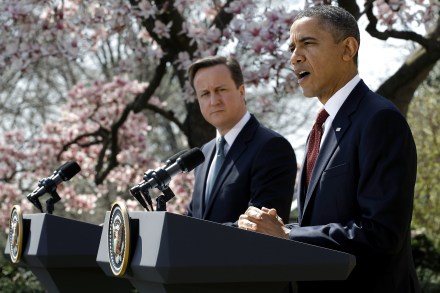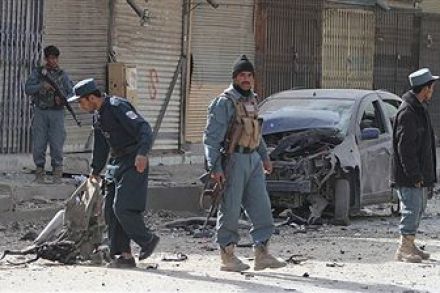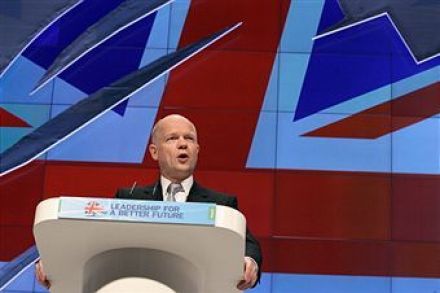Afghanistan overshadows Cameron’s America trip
Afghanistan, what now? After a week of death and retaliation in the country, it appears that a car bomb has been detonated on the runway at Camp Bastion — probably aimed at the visiting US Secretary of Defence, Leon Panetta. A spokesman has since said that ‘at no point was anyone on board Mr Panetta’s plane at risk,’ but it certainly highlights the dangers attached to his visit. What chance, now, that he will be successful in his goal of ‘easing tensions’? The incident cropped up very briefly in David Cameron and Barack Obama’s press conference just now. Asked for further information by Sky’s Joey Jones, the PM stressed that













